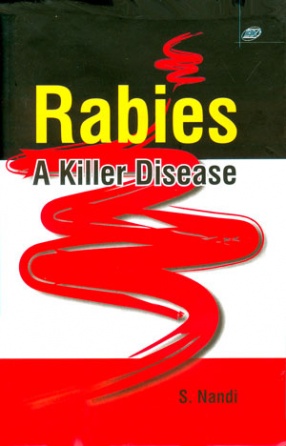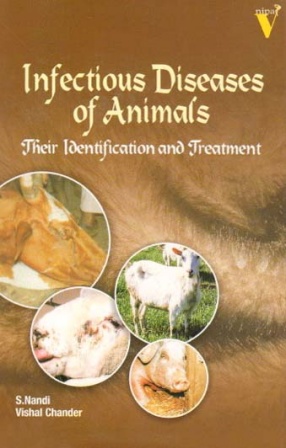Rabies, a dreadful and terrifying disease of warm blooded animals is not only a national but also a global problem. Rabies is the most important viral zoonosis from a global perspective. Although, the anti-rabies vaccine was first prepared by drying the rabies from infected rabbit brain long ago in 1885 by Louis Pasteur, over the years, lot of developments have been made in this field but the disease is still prevalent in many countries of the world. It is a viral disease under the genus Lyssavirus and family Rhabdoviridae. The susceptible animal may be small mouse to a massive elephant. Considering the global distribution, incidence, human and veterinary health costs, and severe case fatality ratio associated with the disease, rabies remains the most important viral zoonosis recognized today. Among human infections, rabies is believed to be the 10th most common cause of death. Once clinical symptoms have occurred, the disease is almost invariably fatal. According to WHO, there are 60,000 deaths from rabies per year in the world. More than 99% of all human deaths from rabies occur in Africa, Asia and South America and Asia accounts for more than 90% of all rabies fatalities. Children aged 5-15 years are at particular risk. In India, about 0.7 million people undergo anti-rabies treatment annually with a death toll of 30,000 per year i.e. an annual incidence of 3 deaths per 100,000 population. Annual incidences of 0.01-0.2 deaths per 100,000 are reported from Latin America and 0.01-13 deaths per 100,000 from Africa.
Globally, in terms of human disease dogs represent the most important reservoirs. Rabies is endemic in 100 countries where more than 205 thousand million people live. Rabies is enzootic in both wild and domestic animals and poses a potential threat to human beings. Without pre or post exposure prophylaxis, rabies is almost always fatal. Unlike small pox, a disease that has been virtually eradicated throughout the world and polio, which is in the process of being eradicated rabies will probably always persist because the picture has been complicated further due to presence of a number of rabies related viruses which can produce disease and death in animals and human beings. The contrast between rabies and small pox or polio rests primarily in the fact that the rabies virus can infect all warm blooded animals, whereas infections with small pox and polio are limited to humans.








There are no reviews yet.